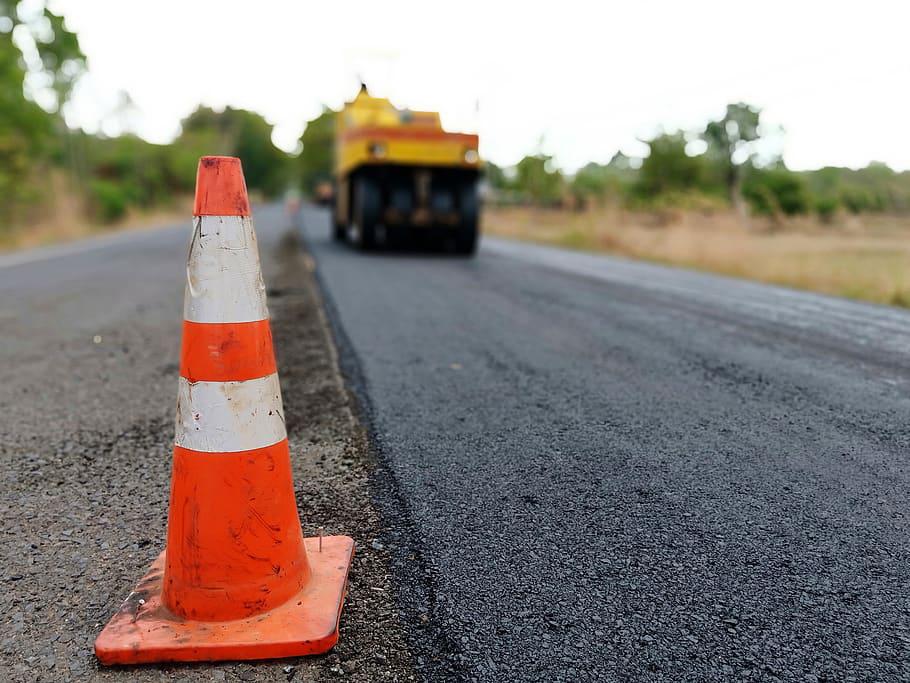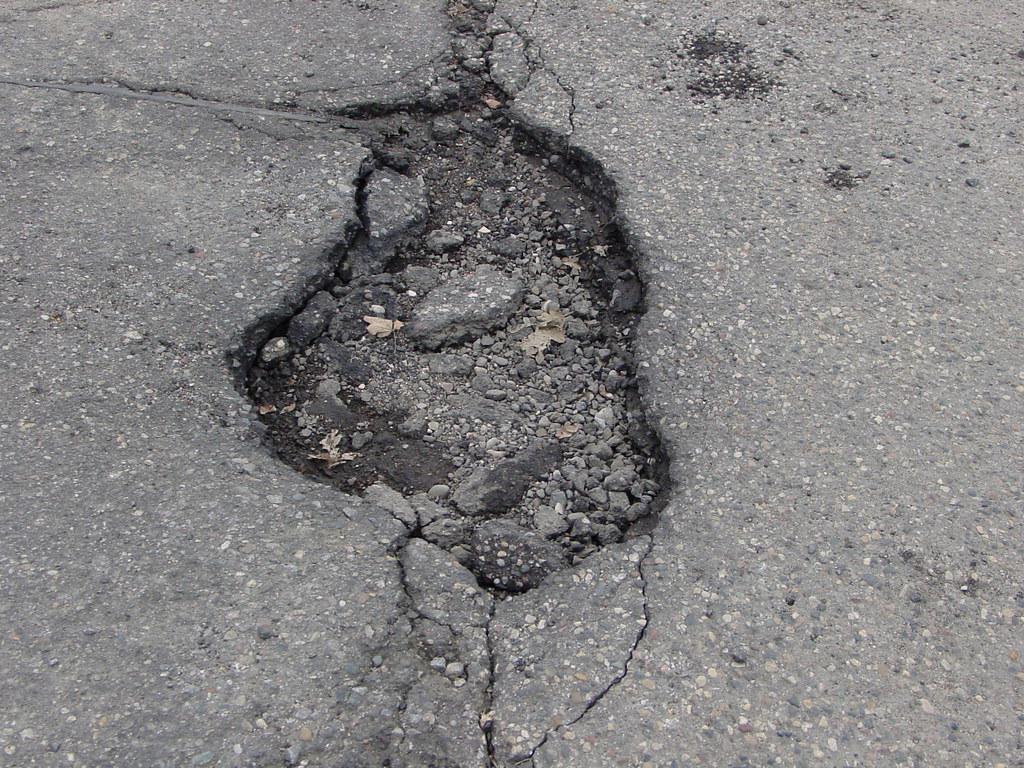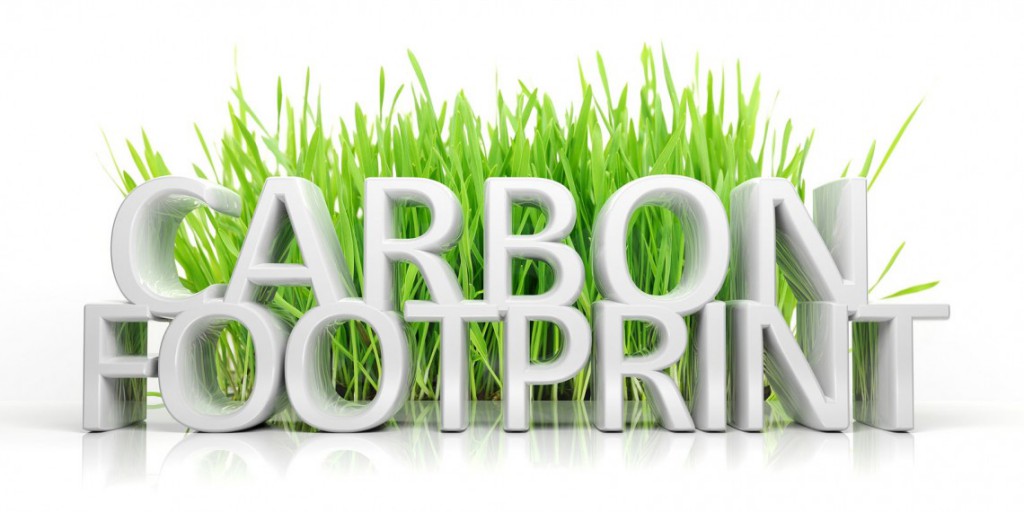
When one hears about recycling, the Do’s and Don’ts, that you should recycle and the damage it is causing to our planet, it sometimes falls onto ears that do not care or that are tired of hearing the same thing over and over again “Save our Planet, recycle” Blah Blah Blah.
But what if I told you that recycling has become very fascinating? Don’t believe me? Let us see if I can change your view just a little bit.
As we all know, we should recycle the following: Cans, Paper, Glass and Plastic, however today I will be focusing on one specific material that is recyclable and indeed becoming a very important recycling material in South Africa: Plastic. Yes, plastic!
South Africa has some of the highest recycling rates and recycles more plastic than most countries and has a well-supported and dynamic recycling industry which is steadily improving year by year.
We all know that plastic waste is one of the world’s biggest problems, however, advanced technology and healthy clever brains have found a perfect solution to some of South Africa’s biggest problem areas, Plastic Pollution and Damaged Roads. Combine those two problems and Voila!, some smart people have decided to fix our roads with plastic. Say What!? Um, well okay??

Shisalanga Construction has successfully completed a plastic road in Cliffdale, KZN. The company used a binding agent with unique properties to blend the recycled plastic compounds into the asphalt formula for the road. A recycling plant turns recycled plastic into pellets, which are then heated until dissolved to be mixed with additives. 6% of the asphalt’s bitumen binder is then replaced, the result: for every ton of asphalt roughly 118 to 128 bottles are being used. The repaved road in Cliffdale which is more than 400 meters long, used asphalt made with the equivalent of nearly 40 000 recycled 2-litre milk bottles. Wow! Now that is pretty awesome to me.
Another plastic road was completed in Jeffreys Bay, Eastern Cape. Roughly 1.5 tons of recycled plastic was used to pave just 1km of road. The 1.5-ton plastic is comparable to 1.8 million plastic bags being used. By the end of the project, roughly 3 million plastic bags would have been used.
The results of this new plastic road make the road stronger and more durable, so that water, which is one of the main causes for creating our lovely potholes, will not be able to penetrate it so easy compared to the more traditional asphalt mixes. These plastic roads will also be more heat resistant.

With this new innovation of using recycled plastic for roads in our beautiful country gives us new hope to tackle our country with its waste problem as well as improve the quality of our roads. Can’t wait to see what else our clever South Africans come up with next.
Sources:
Averda
Plastics Info
Waste Advantage Mag
To view more Articles, please visit our Leads 2 Business Blog.
If you are interested in becoming one of our subscribers, please visit Leads 2 Business.
To view notes with screenshots on how to use our website, please visit Leads 2 Business Wiki.
About Nadine Vermeulen
I started working at Leads 2 Business in October 2014 in the Leads 2 Quotes Department. I managed all the Daily Tender Bill Requests and followed up on BoQ's for our Daily Tender Subscribers. In 2017, I was promoted to L2Q Assistant and now work with Bill of Quantities for Contractors. 🙂
- Web |
- More Posts(14)



